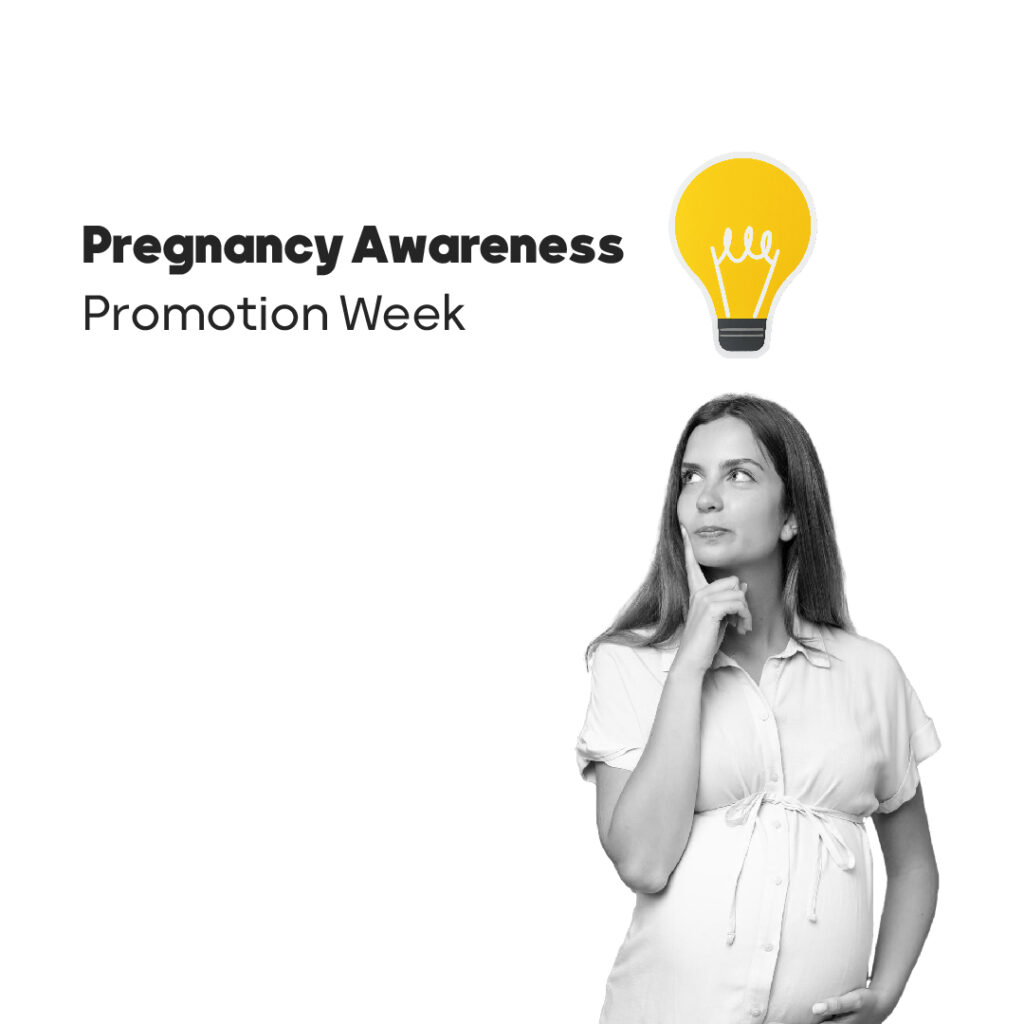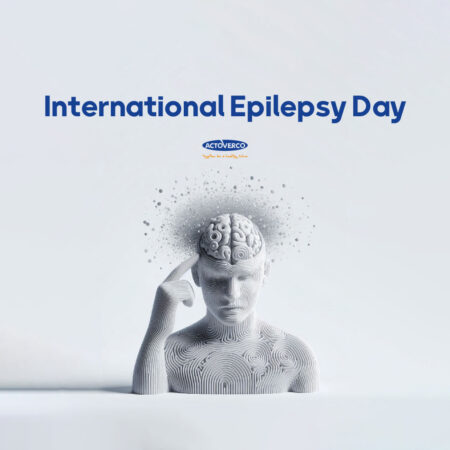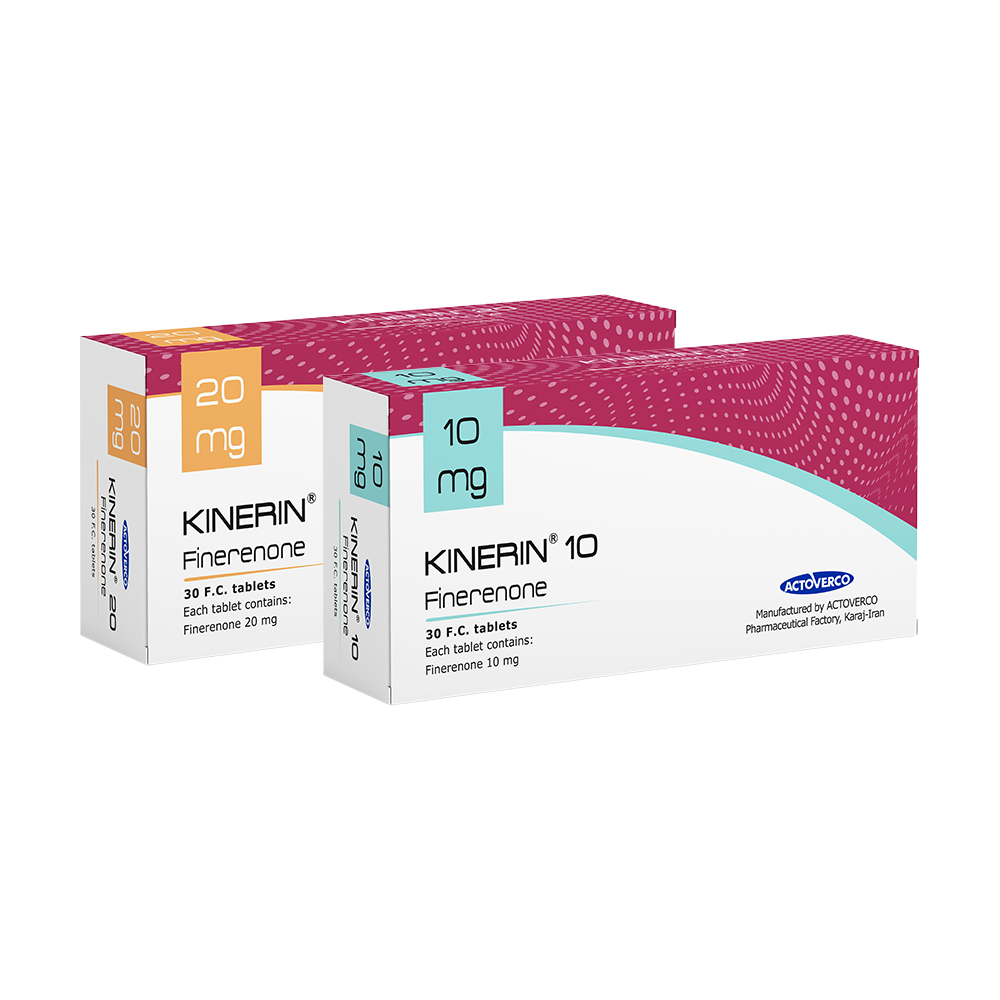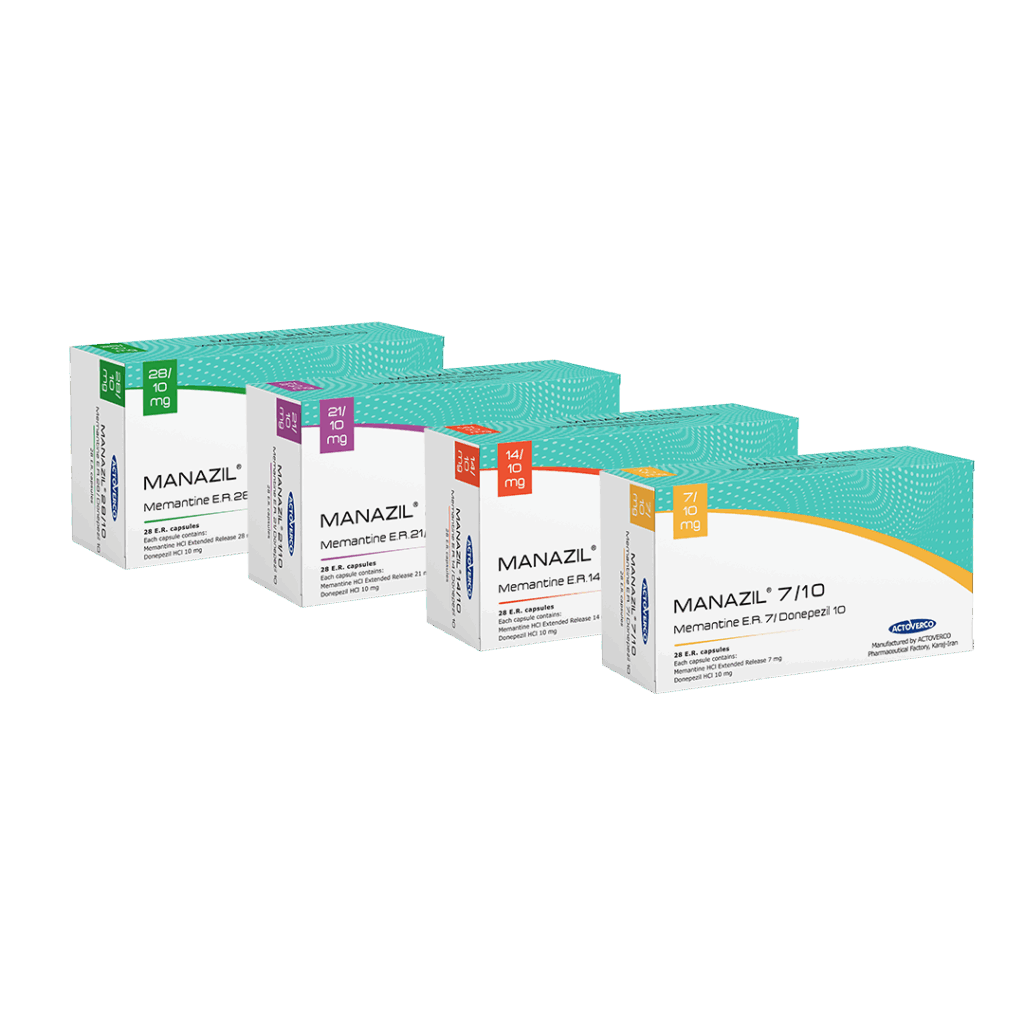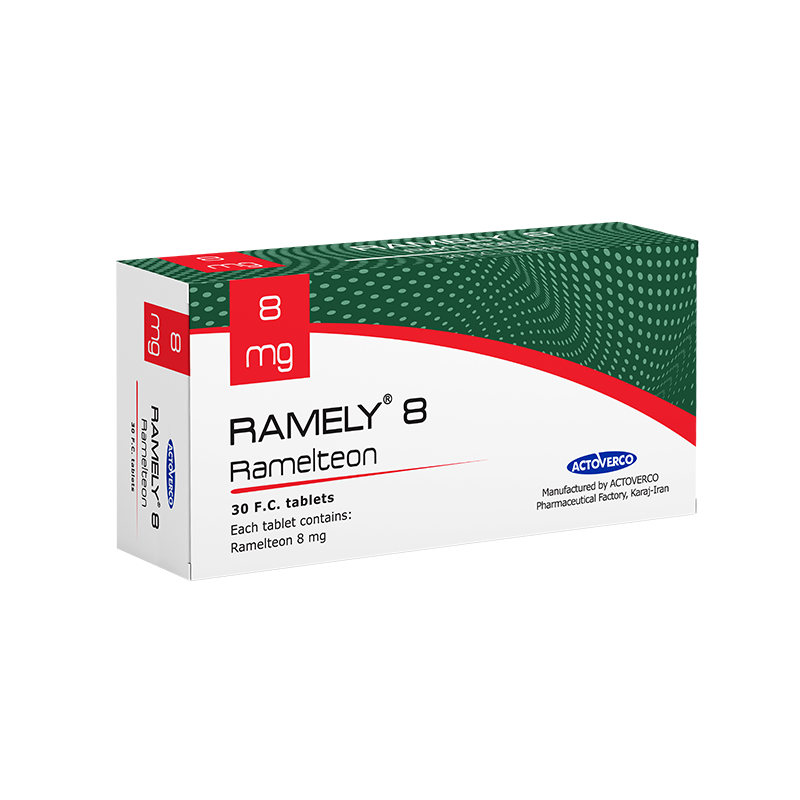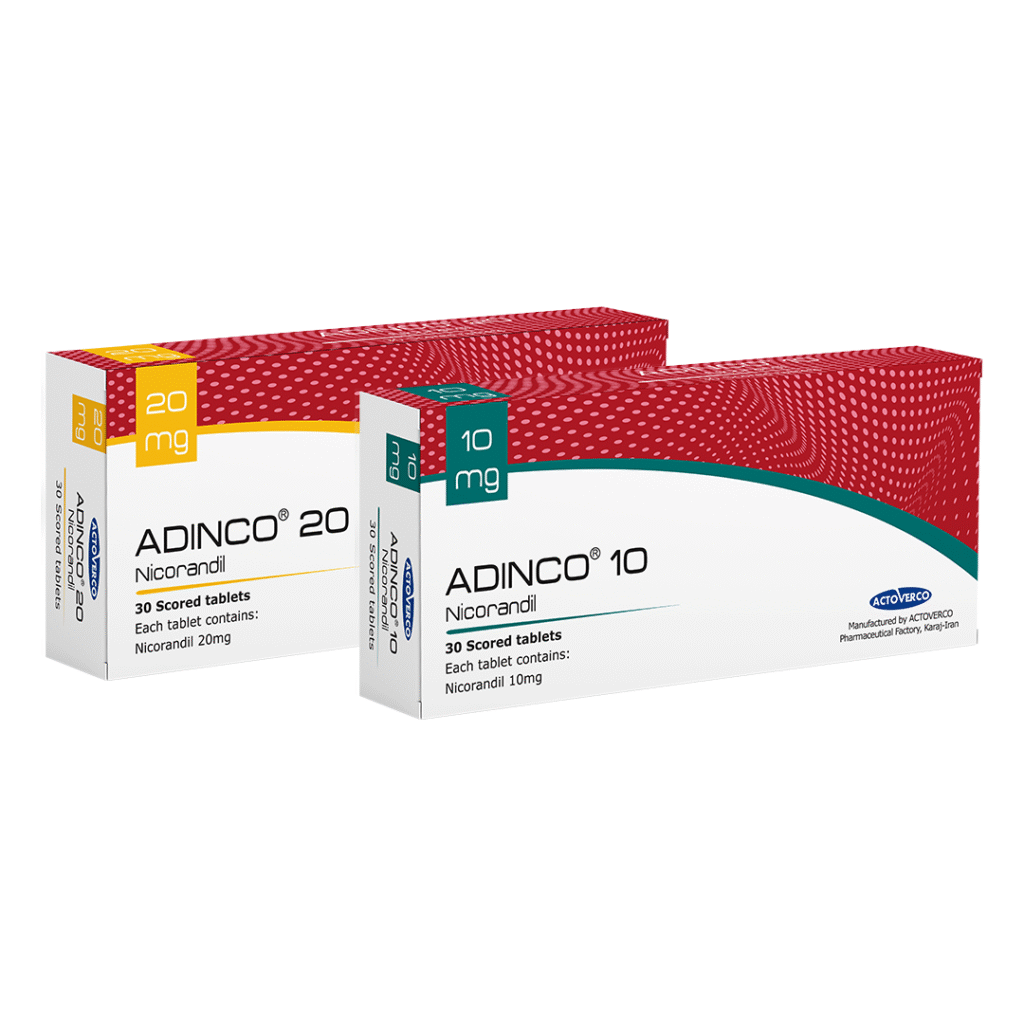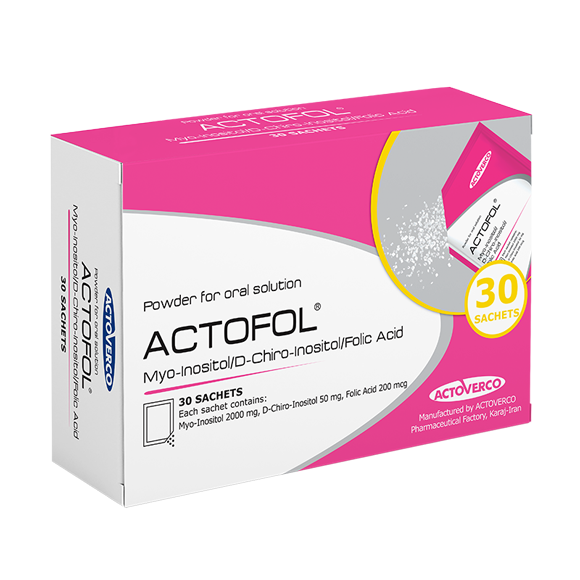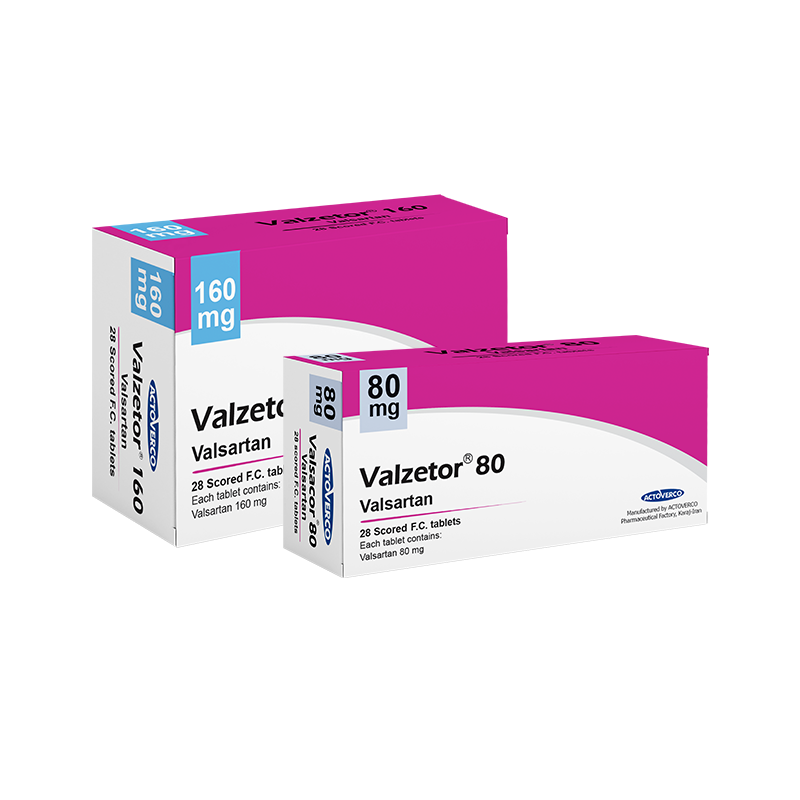February 3 to February 17 has been designated as “Pregnancy Awareness Promotion Week,” providing a great opportunity to once again emphasize the importance of increasing couples’ awareness of the dos and don’ts of pregnancy, enhancing maternal and fetal health, and preventing potential risks during pregnancy.
Pregnancy Awareness Promotion Week is a great opportunity to recognize the challenges and difficulties faced by pregnant women and take steps to address these issues. For this reason, we aim to review the most important prenatal, perinatal, and postnatal care measures.
Key Pre-Pregnancy Care
Before deciding to conceive, consider the following points:
Do not overlook pregnancy planning: Just as you take steps to prevent pregnancy, when you decide to have a child, you must also take measures to maintain your health and that of your baby.
Visit a doctor: Discuss your pregnancy plan with your doctor and provide necessary information about your pregnancy history, medical conditions, medications, vaccinations, and more.
Quit alcohol, smoking, and drug use: These are major causes of congenital defects, premature birth, and low birth weight in newborns.
Avoid toxins: Cat and rodent feces may affect fetal health. Try to avoid exposure to toxins such as insecticide sprays, pesticides in fertilizers, and chemicals.
Maintain a healthy weight: Obesity during pregnancy may lead to diabetes, an increased risk of cardiovascular diseases, and even a higher risk of certain cancers. On the other hand, being underweight is also not recommended for pregnancy. Therefore, it is best to consult your doctor to determine the appropriate weight for pregnancy.
Know your family medical history: It is advisable to discuss your family’s medical history with your doctor. There may be information in your family’s medical records that could be useful to share with your physician.
Maintain mental focus: Although pregnancy can be somewhat stressful, do not let stress interfere with your daily activities. Talk to your doctor about your thoughts and feelings.
Prenatal Care
After pregnancy, maintaining your health and that of your baby becomes the top priority. Be sure to receive the necessary vaccinations before pregnancy in consultation with your doctor. The schedule for prenatal check-ups is tailored to each individual’s condition but may generally follow this pattern:
- Monthly check-ups during the first six months of pregnancy
- Biweekly check-ups in the seventh and eighth months of pregnancy
- Weekly check-ups in the ninth month of pregnancy
During these check-ups, the following may be assessed:
- Routine tests and screenings, such as blood tests for anemia, HIV testing, and blood type determination
- Blood pressure monitoring
- Monitoring maternal weight gain
- Monitoring fetal growth and heart rate
- Discussing specific dietary plans and exercise recommendations
During these visits, the doctor may also examine the baby’s condition and the physical changes in your body as you prepare for childbirth.
Postpartum Care
While most attention is focused on prenatal care, postpartum care is equally important. The postpartum care period lasts between 6 to 8 weeks and begins immediately after childbirth.
During this time, mothers experience significant physical and emotional changes while learning how to care for their newborn. Postpartum care includes proper rest, nutrition, and vaginal care.
Adequate Rest
Rest is crucial for mothers recovering from childbirth. To prevent excessive fatigue, consider the following:
- Place your bed close to your baby’s crib to make nighttime feeding easier.
- Allow someone else to feed the baby while you sleep.
Proper Nutrition
A balanced diet remains essential after childbirth due to the changes your body has undergone during pregnancy and delivery.
- Maintaining a healthy diet after childbirth is just as important as during pregnancy.
- Experts recommend that breastfeeding mothers eat whenever they feel hungry.
- Avoid consuming excessively fatty snacks.
- Focus on low-fat foods, including protein-rich meals, carbohydrates, fruits, and vegetables.
- Drink plenty of fluids.
Mothers who have recently given birth should prioritize vaginal care. After childbirth, you may experience:
- Vaginal pain
- Urinary issues such as pain or frequent urge to urinate
- Discharge, including small blood clots
- Contractions in the first few days after delivery
It is advisable to discuss any symptoms with your doctor within 6 weeks after childbirth. Additionally, avoid sexual activity for 4 to 6 weeks postpartum to allow sufficient time for vaginal healing.
What Can Be Done During Pregnancy Awareness Promotion Week?
During Pregnancy Awareness Promotion Week, various activities can be conducted to increase awareness about pregnancy and related issues. Some of these activities include:
Hosting or Attending Educational Events on Pregnancy: These events can cover various pregnancy-related topics, such as prenatal care, nutrition, and other essential aspects of pregnancy.
Sharing Pregnancy Experiences: Sharing pregnancy experiences with expectant mothers or those planning to conceive can be very helpful and informative.
Charity and Fundraising Initiatives: Raising awareness about pregnancy and providing financial support to those in need is one of the meaningful activities that can be carried out during this week.
Utilizing Social Media for Awareness: Social media can be a powerful tool to reach a wider audience and share valuable information about pregnancy.

